Future USB-C devices will confirm the authenticity of connected peripherals, which could lead to future iPhones, iPads, and Macs only accepting fully-compliant chargers and rejecting hazardous devices.
The introduction of the authentication protocol offers a number of safeguards to both device producers and consumers, in keeping devices using the specification safe. In development for a number of years, the system will be able to determine if the other connected hardware, and even the cable itself, supports the same standards and can be deemed safe to use.
The USB Type-C authentication can prevent maliciously embedded hardware or software installed into USB devices that could try to exploit a USB connection. For example, this could prevent similar hardware to that of the GrayKey forensics tool that could extract data from a locked iPhone from working at all, if the tool is not authenticated, or from a maliciously-configured publicly-accessible USB charging point.
In enterprise, this could limit what kinds of devices can connect to others within a facility, offering increased security for sensitive data on the corporate network. For consumers, the system's policy could also prevent cheap third-party chargers from working at all with their iPhones, or restrict uncertified chargers to slower charging while certified versions could be allowed to perform fast charging, thereby limiting the possibility of an accessory-caused fire or overheating.
As well as being able to be controlled by defined security policies, the system also relies on 128-bit cryptography for further protection. As the authentication is performed on connection before any major power or data transfers begin, the system can prevent any inappropriate activity with uncertified hardware before anything else occurs between the two devices.
Apple is a member of the USB Implementers Forum, which makes it highly likely that future iPhones, iPads, and other hardware that either uses USB Type-C now or in the future will support the standard.
 Malcolm Owen
Malcolm Owen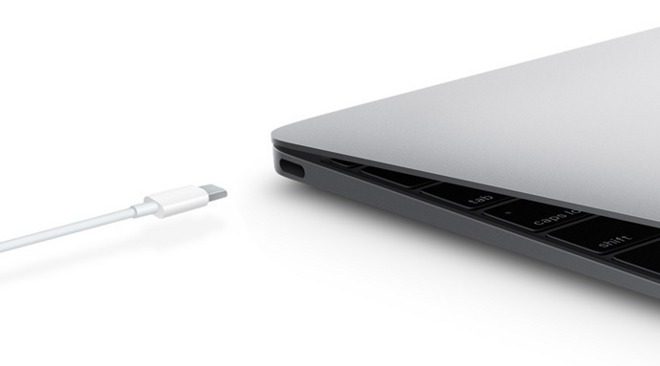
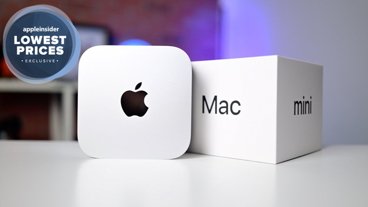
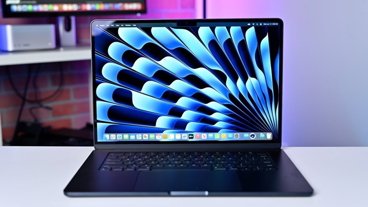

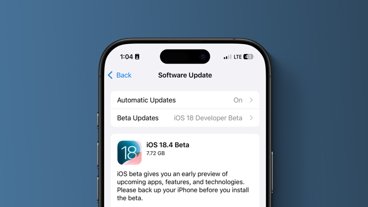
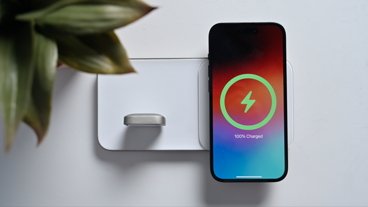
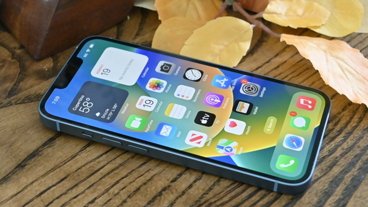
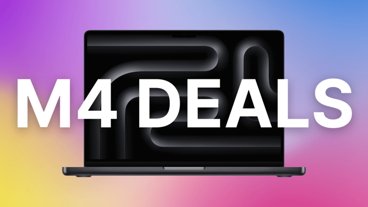
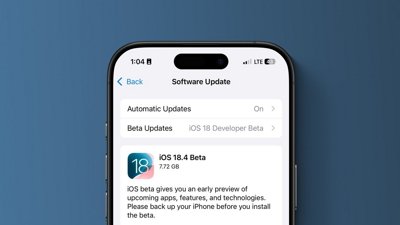
 Charles Martin
Charles Martin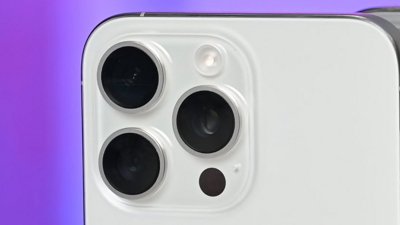
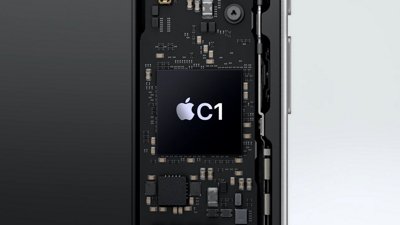
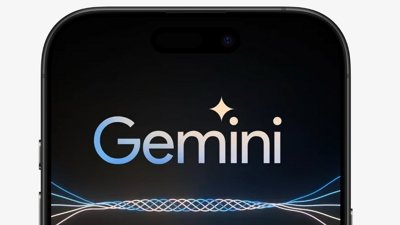
 William Gallagher
William Gallagher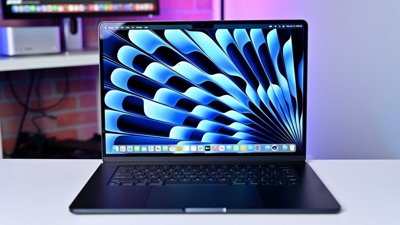

 Stephen Silver
Stephen Silver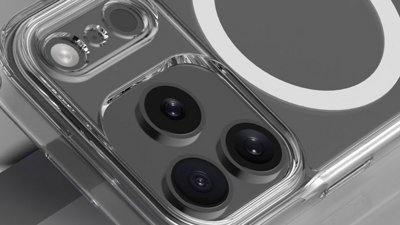
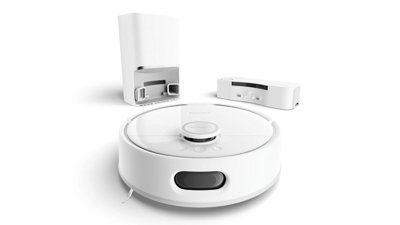
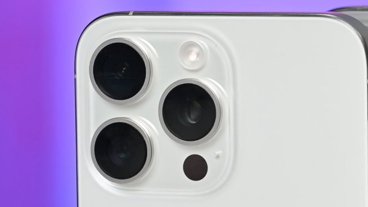
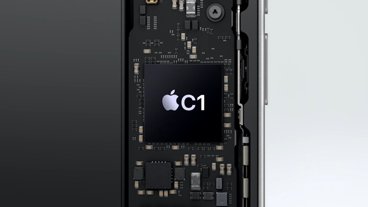

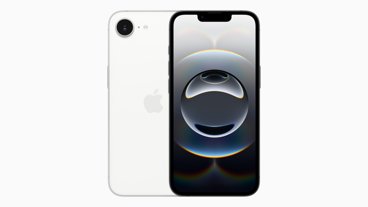
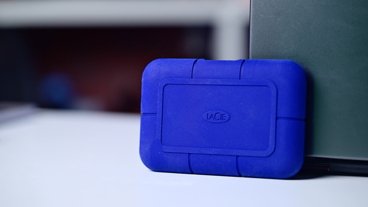
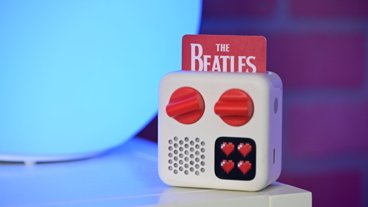

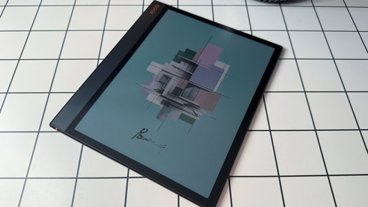

9 Comments
This is a first step to doing what Google has done for 10 watt wireless charging. Only their own chargers are allowed to charge at that rate. I don’t like it.
One of those reasons I hate USB-C on iPad Pro .Only after devices failed have they implemented this. Lightning & USB A are more than fine. I pray that Apple doesn’t move consumer iPhones,accessories & iPads to USB C.
Does Apple still charge for these licences on a per unit basis? You would have to think that is a glaring barrier for availability for the range of peripherals right there. Along with licence fees for HomeKit, carplay and MFI.
if Apple doesn’t charge companies that do go to the effort of compliance, people would have less of a problem with it.
Put me in the camp that thinks USB-C is overrated for a device the size of the iPad. I was really pissed when I realized there is no "easy” way to charge or transfer data via USB-A. It forces me to have another set of cables, another charger, and more dongle madness. When traveling this quickly becomes maddening— I wonder how the folks at Apple deal with traveling.
When it comes to charging, making things proprietary or not universally compatible reduces utility. Who wants to put in hard-wired charging outlets if they are obsolete in a couple years... it forces you back into buying and carrying device-specific chargers.